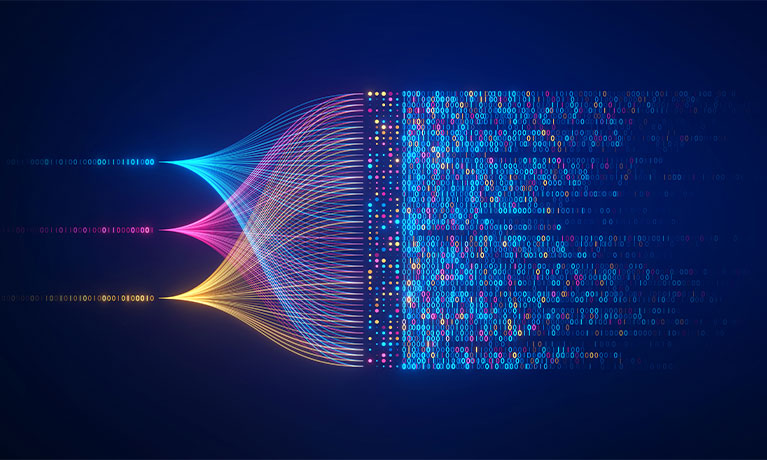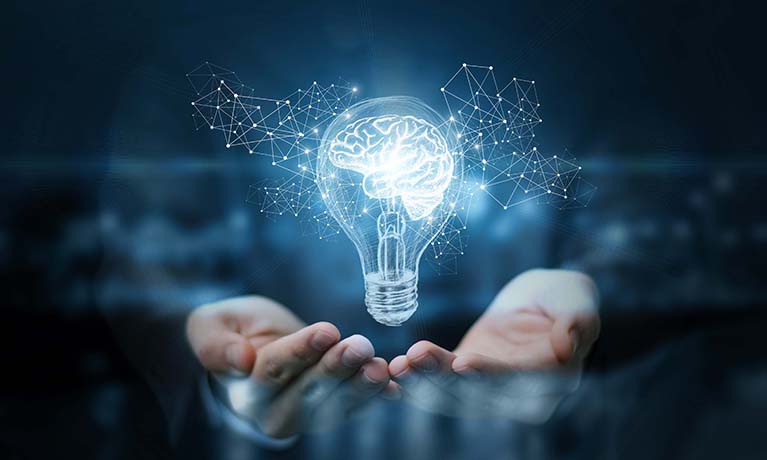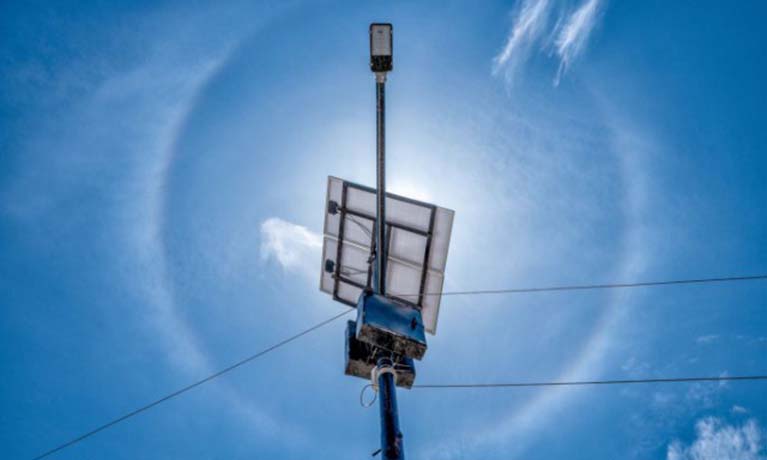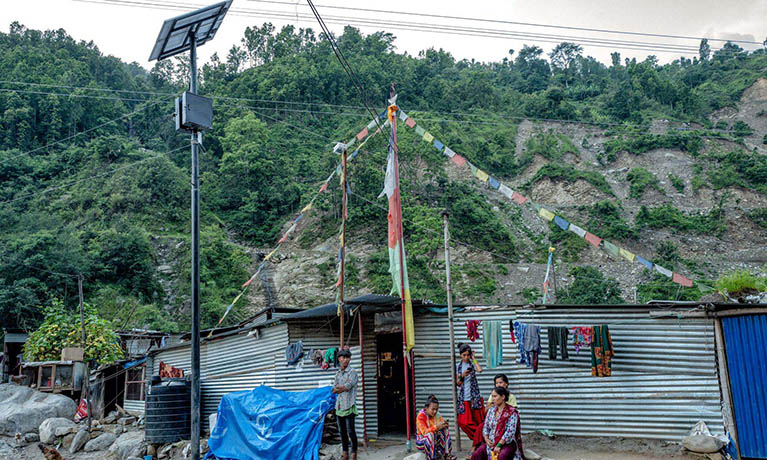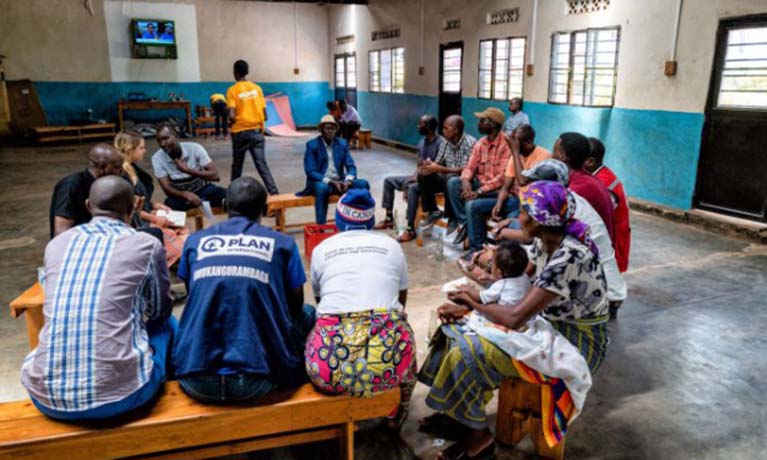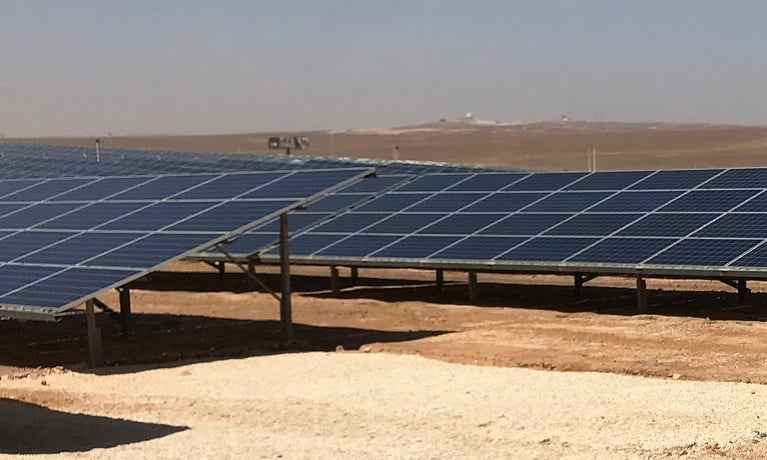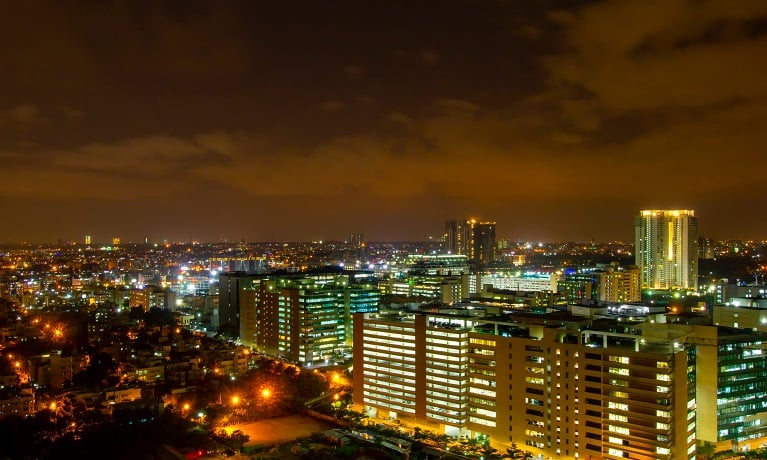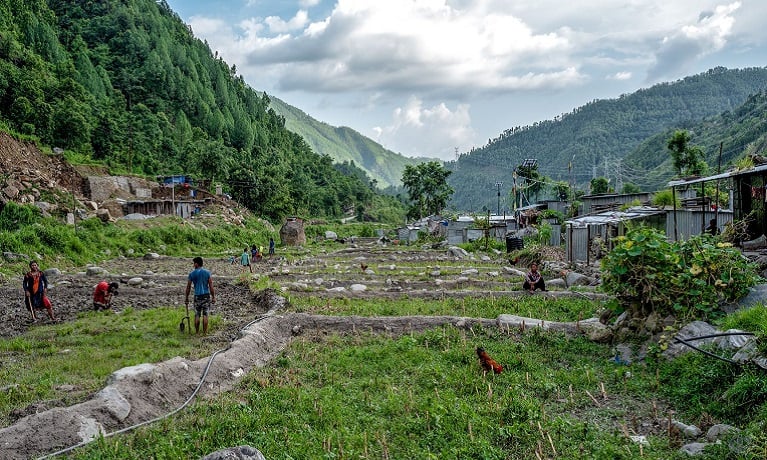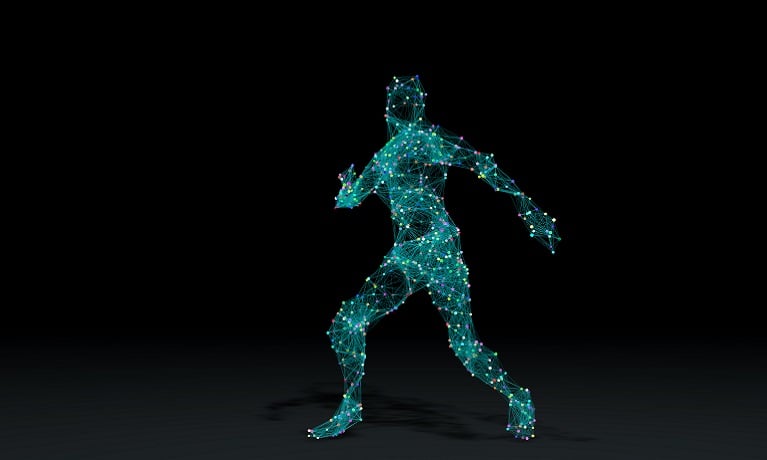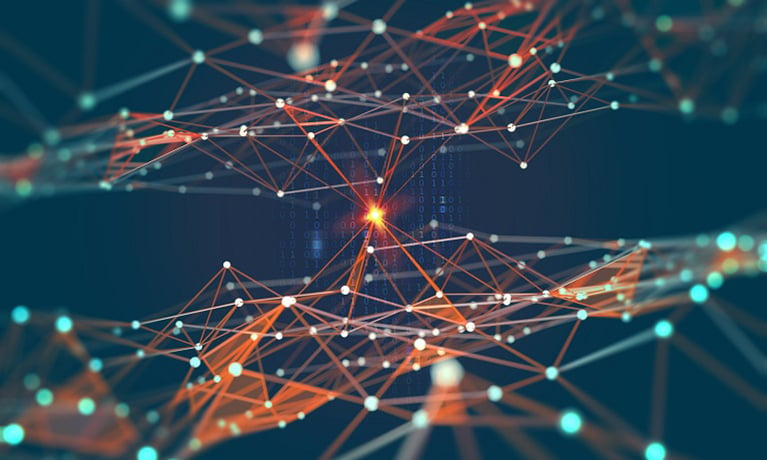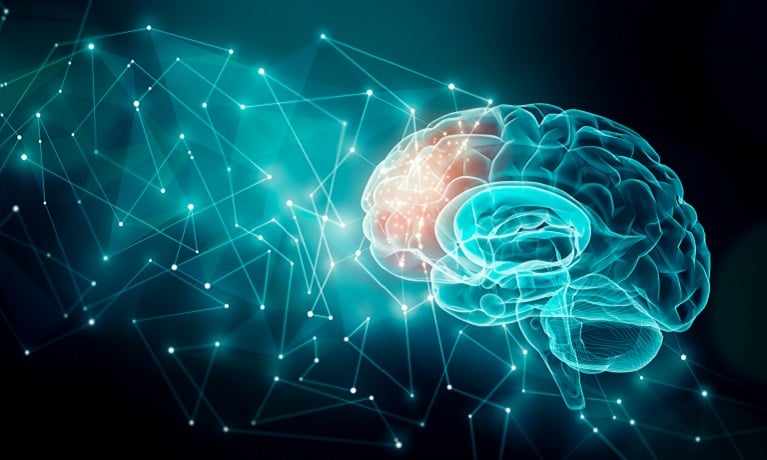Search
Festival of Social Science 2024: Data and AI - Empowering Communities
A talk followed by a panel discussion and photography exhibition on collective responsibility around our use of AI and data.
Young People and Smart Local Energy Systems: An ‘Evaluative Performance’ experiment
Researching or working in smart energy systems? Interested in what young people have to say? Then this is the event for you.
Energy Data in the UK Landscape Workshop
Energy Data in the UK Landscape
Your Right to Privacy Online: CSI-COP's informal education workshop
The workshop will explore privacy, data, how we are tracked online, the regulations to protect our data, and free online tools to help us reject tracking in websites and apps.
The Catalogue of Projects on Energy Data (CoPED): A digital tool to support innovation and collaboration in the energy sector
To celebrate the launch of the EnergyREV, BEIS and ESC ‘Catalogue of Projects on Energy Data – CoPED’, Coventry University's Centre for Computational Science and Mathematical Modelling would like to invite you to a webinar on Tuesday 12 April 2022, 10.00 – 11.00 am.
Efforts towards understanding the structure and development of scientific domain through text mining
The Centre for Computational Science and Mathematical Modelling invite you to this hybrid seminar.
Your Right to Privacy Online: CSI-COP's informal education workshop - 2021
The workshop will explore privacy, data, how we are tracked online, the regulations to protect our data, and free online tools to help us reject tracking in websites and apps.
Nonlinear connectivity and frequency-domain analysis in neuroscience
The Centre for Computational Science and Mathematical Modelling invite you to their two hour seminar 'Nonlinear connectivity and frequency-domain analysis in neuroscience'.
Future-proofing Humanitarianism: Actioning Policy and Strengthening Governance
This webinar seeks to explore, provoke and engage experts, practitioners and humanitarian energy scholars to fully comprehend what we are doing wrong in terms of designing and implementing energy policies within the humanitarian sector.
Humanitarian Innovation: "Move Fast and Break Things...?"
Innovation is widely recognised as a driver of societal change. In this webinar we look to explore what “responsibility” means in the context of humanitarian energy innovation, and if the sector can remain responsible in its innovation.
Moving from the Global to the Local: Co-creation for Humanitarian Energy
Coventry University's HEED will be exploring state-of-the-art concepts of co-creation in the humanitarian energy context through the voices of sector experts.
Humanitarian energy complexities and interactions with national energy policies and international commitments
This session will share findings from a multi-stakeholder analysis of clean energy policies contributing to humanitarian action using two case studies in East Africa and the Middle East.
Energy resilience in the Global South: the vital role of communities
Globally, there are about 1 billion people without access to electricity and about 3 billion relying on traditional fuels for cooking and heating.
Urban energy landscapes - two years on
This talk will examine the argument of the book, 'Urban Energy Landscapes', and ask whether it needs revision two years on.
Energy For Development: unanswered questions on socio-technical design frameworks
The Centre for Trust, Peace and Social Relations is hosting a webinar by Professor Elena Gaura and Dr Alison Halford on the use of socio-technical energy design frameworks in the HEED project.
Dance and Machine Learning: Unlocking Embodied Creativity for Generative Art
This seminar looks at research that combines investigations into principles of embodied creativity with the adoption of state-of-the-art methods in machine learning with the goal of enabling new approaches in computer-based generative art and dance technology.
Seminar: using energy technologies to alleviate poverty in Nepal
Drawing on a number of the speaker's research experiences in Nepal, this seminar will present a novel end-user orientated approach to better integrate complex contextual factors which are often the barriers to energy technology adoption and sustained use.
Interpreting Neural Network Outputs Webinar
This webinar by the Centre for Data Science will discuss why a neural network might mistake what clearly looks like a panda for a gibbon and other questions pertinent to interpreting neural network outputs.
Neural Assessments and Targeted Interventions for Hemiparetic Stroke
CDS is hosting Dr Yuan Yang, Assistant Professor in Biomedical Engineering at University of Oklahoma, USA, to deliver a seminar on novel interventions into non-invasive brain stimulation technology on stroke patients.
